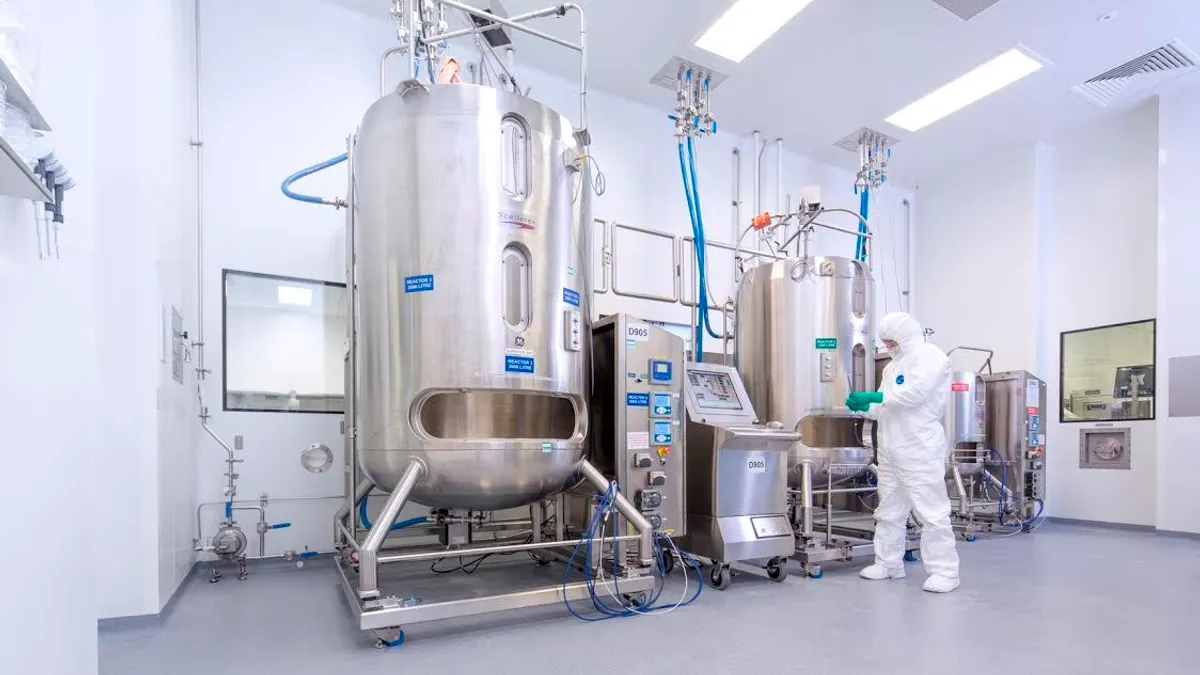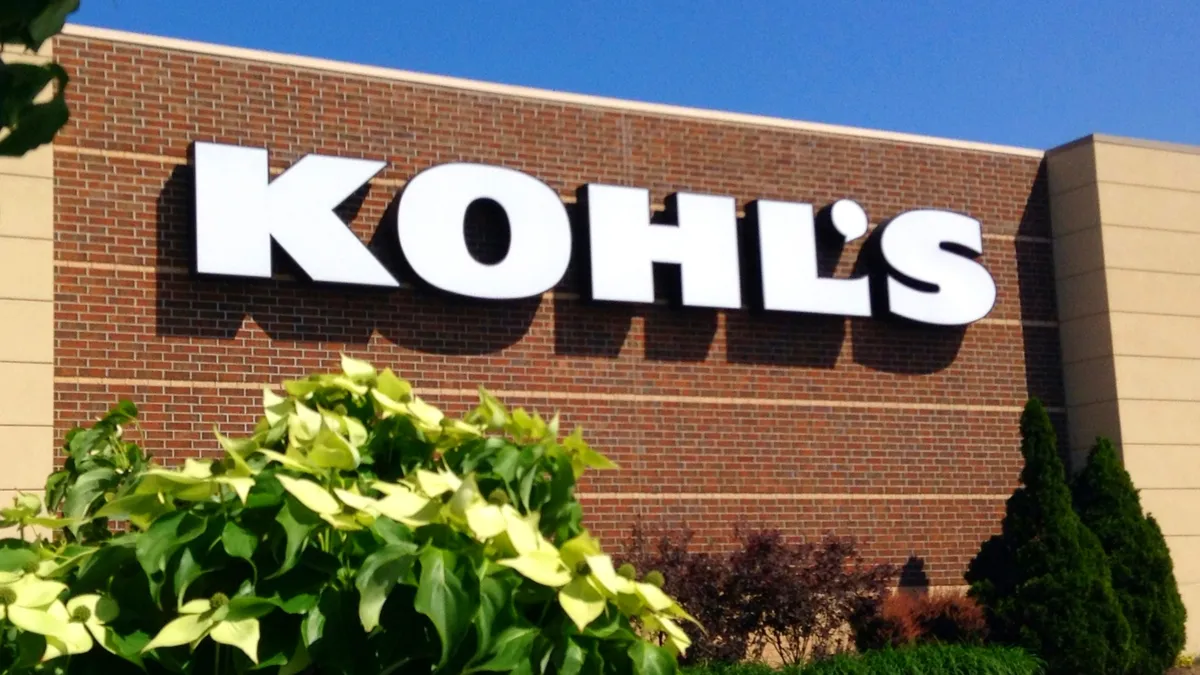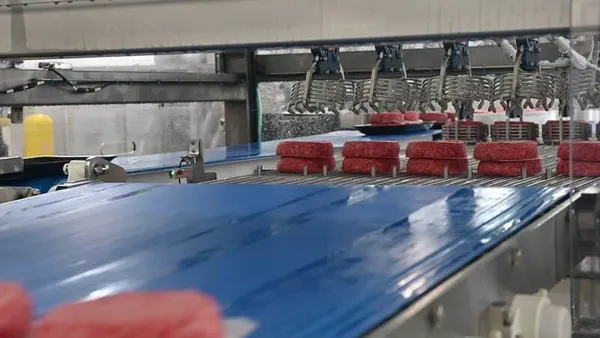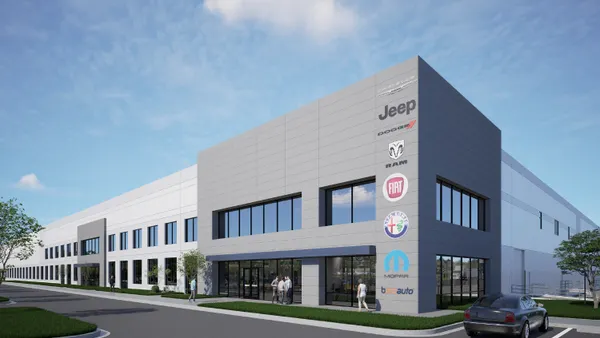Dive Brief:
- In a bid to ensure key medicines are produced in the U.S., the Trump administration is enlisting two manufacturers previously known best for making cameras and film to help manufacture drug ingredients as well as experimental coronavirus vaccine candidates.
- On Tuesday, the U.S government announced plans to loan Eastman Kodak $765 million under the Defense Production Act, funding a pivot by the company to manufacture active pharmaceutical ingredients for generic drugs. The Wall Street Journal first reported the news.
- News of the loan came one day after the Fujifilm Diosynth Biotechnologies, a joint venture between Japan's Fujifilm and Mitsubishi, was tapped to support coronavirus vaccine manufacturing through a $265 million contract between the Biomedical Advanced Research and Development Authority and Texas A&M University.
Dive Insight:
The Trump administration has made onshoring drug supply chains a priority, and is turning to some unusual candidates to help accomplish its goal.
Rochester, New York-based Kodak famously led the film and camera industry for decades but failed to establish a similar position in digital photography, leading to a downward slide in its business and a bankruptcy filing in 2012.
The $765 million loan from the federal government would jumpstart a shift to making drug ingredients, something Fujifilm has done successfully with its contract manufacturing arm Fujifilm Diosynth. Kodak will use the funds to repurpose its plants in Rochester and St. Paul, Minnesota.
The loan comes from the International Development Finance Corporation and is the first to target drug manufacturing under the Defense Production Act, a 1950 law that President Donald Trump previously invoked to help speed production of mechanical ventilators.
In May, the Trump administration awarded a 10-year, $812 million contract to Phlow, a little-known drugmaker based in Richmond, Virginia. The aim of that deal is similar to Kodak's: produce drug ingredients and finished doses of needed generic medicines, which currently are mostly made in India and China.
But Phlow is not an established manufacturer, inviting some scrutiny of whether it could live up to the big dollar value of the government contract. The company uses production sites owned by AMPAC Fine Chemicals to make drug ingredients and expects its first facility to be operational by next spring.
Recurring, high-profile drug shortages had put a spotlight on the U.S.' reliance on foreign country manufacturing even before the coronavirus pandemic, which intensified calls by some in the Trump administration to bring drug production back to America.
The administration is also focusing on recruiting U.S.-based manufacturers for the monumental challenge of producing enough coronavirus vaccines to supply the entire country. Through BARDA, for example, the federal government has invested nearly $350 million in glass vial production by New York-based Corning and Alabama-based SiO2 Materials Science, as well as pledged over $600 million to Maryland's Emergent Biosolutions for vaccine manufacturing.
A $265 million contract with Texas A&M's Center for Innovation in Advanced Development and Manufacturing continues the U.S.-focused push, although the university subcontracts to Fujifilm's factory in College Station, Texas.
The award will reserve the center's manufacturing capacity through December 2021 for production of coronavirus vaccines under the administration's "Operation Warp Speed" project.
















